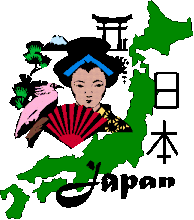ダサイ means uncool, unfashionable or unsophisticated. It is actually an appreviation of the phrase:
だって、埼玉の。。。
だってさいたまの。。。
Datte Saitama no...
But, That's from Saitama...
In Tokyo, Saitama is seen has a place were the people are uncool or whatever comes out of the outer suburb of Saitama is unfashionable.
彼はダサいですよ!- かれはダサいですよ!
kare wa dasai desu yo! - He is uncool!
彼の服装いつもダサい。 - かれのふくそういつもダサい。
Kare no fukusou itsumo dasai. - His clothes are unfashionable (His clothes are always out of style)
Kanji Breakdown:
埼玉 = Saitama
服装 = Fukusou = Clothes
彼 = Kare = He
埼 = Cape, Spit, Promontory
ON Reading: Ki
KUN Reading: Saki, Sai, Misaki
玉 = Jewel, Ball
ON Reading: Gyoku
KUN Reading: Tama, Dama
服 = Clothing, Admit, Obey, Discharge
ON Reading: Fuku
KUN Reading: Hatsu, Hara
装 = Attire, Dress, Pretend, Disguise, Profess
ON Reading: Sou, Shou
KUN Reading: Yosou-u, Yosou-ui
Saitama


